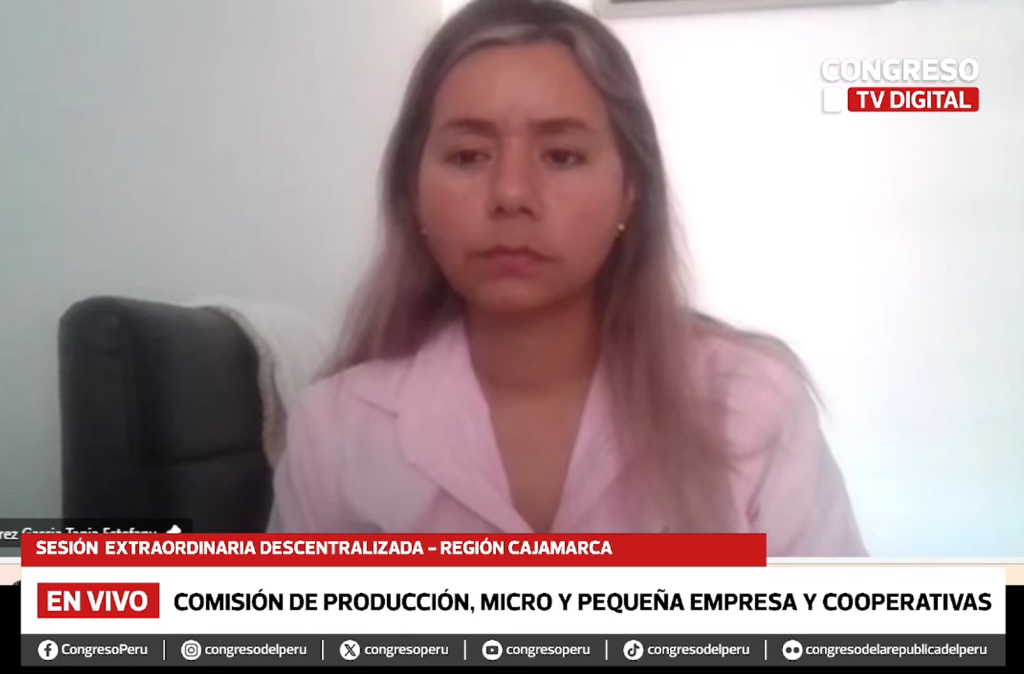The Daniel Ortega regime put into effect, this Monday, some reforms to the regulations of the Superintendency of Banks and Other Financial Institutions (SIBOIF) on Money Laundering and Financing of Terrorism (ML/FT), to apply them together with the Law of protection for those sanctioned and establishes a new section to order that the country’s banking institutions may define the convenience or not of establishing commercial relationships with “persons designated on lists” and “designated as money launderers.” money”.
Through resolution CD-SIBOIF-1479-1-NOV29-2024, published in the Official Gazette number 223, of this Monday, December 2, the Ortega regime reforms the Standard for the Management of Prevention of Money Laundering Risks. Money, Goods or Assets and Financing of Terrorism in its articles 1, 6, 11, 15 and 16, and addition to the article 11.
Precisely the addition to article 11 establishes that national banking entities must carry out “intensified due diligence for “customers designated on lists””, without specifying what type of lists they refer to, which some analysts interpret as meaning that it is “lists of those sanctioned by the international community”, however, it is clarified that these clients or potential clients must be informed to the Financial Analysis Unit (UAF), in charge of monitoring matters related to Money Laundering and Financing of Terrorism (ML/FT).
The same addition to the Banking Superpower regulations establishes that financial institutions must verify that “for clients designated on lists,” the provision of international financial services does not put their international commercial relationships at risk. Also in the case of clients designated as money launderers, terrorists”, the same in the case of “financiers of terrorism or for being linked to organized crime.”
Likewise, it is established in this new section that “financial institutions will determine the convenience of continuing or not commercial relations with these (customers).”
On November 25, the National Assembly, completely controlled by Sandinismo, approved the Law for the Protection of Nicaraguans from Sanctions and Aggressions, known as the Law of the Sanctioned, with which, basically, the dictatorship intends to force the national bank to disregard the international sanctions imposed on state officials and political operators of the regime for being involved in the repression against the people of Nicaragua and state corruption in the country.
If the banks ignore the sanctions and comply with the regime’s order, an effect of catastrophic levels would be caused, as economists have explained, since national banks depend on their relationships with foreign banks through “correspondent” contracts to be able to carry out transactions. worldwide, send and receive remittances, and make payments in international trade. In such a way that the flow of billions of dollars would be paralyzed with drastic consequences for the national economy.
Reforms that disguise compliance with sanctions
The reforms to the SOBOIF regulations against money laundering and financing of terrorism, according to the published resolution, are argued by the Political Constitution of the Republic, which in its articles 24 and 27 establish as constitutional guarantees “the just demands of the good common above particular or individual interests and the equality of all people before the law without discrimination based on birth, nationality, political creed, race, sex, language, religion, opinion, origin, economic position, or social condition”, ignoring the regime than violating That principle that he now uses to defend those who are sanctioned, has blocked the banks of hundreds of opponents and has even frozen funds of the Catholic Church.
Likewise, the dictatorship points out that, in accordance with national laws, “suppliers may not deny attention to requests or cancel contracts or transactions that are legitimately managed by natural or legal persons, public, private or mixed, for the satisfaction of “the goods and services required or contracted without being based on the express law in regulations or resolutions issued for this purpose by the respective regulatory entity or in legally justified causes.”
Related news: The Sanctioned Law has already been in force since November 25; national bank remains silent
In that sense, the dictatorship ordered the SIBOIF to reform articles 1; 6, section J; 11, paragraph c; 15, subsections d, numeral iv.e; and 16, subsection k, numeral ii.-, of the Standard for the Management of Risk Prevention of Money Laundering, Goods or Assets and Financing of Terrorism.
The new articles will read as follows: article 1: which reforms the scope of said regulations, which now includes all natural and legal persons that operate, among others, in the sectors of financial banks, insurance, securities, and general deposit warehouses such as credit auxiliaries, individually or as a member of financial groups, all referred to as “supervised or supervised entity or entities” and at the same time “obligated subjects” under the authorization, regulation, supervision, surveillance and inspection of the SIBOIF and therefore also obligated in matters “anti-money laundering, financing of terrorism and financing of the proliferation of weapons of mass destruction.”
In the case of article 6, paragraph J, it establishes as the responsibility of the Board of Directors “to define and establish within its anti-money laundering manual, “an express and written non-discriminatory policy of acceptance of clients and/or market segments.”
However, in article 11, referring to client verification, the SIBOIF now mandates that banking institutions must include policies, procedures and requirements to verify “through reliable or indubitable legal documents,” the name of the client, beneficiaries , partners, guarantors, representatives and signatories “against internal and/or external databases, from the risk list, publicly available or provided by a competent authority or international organization, on natural or legal persons in the service of designated persons, known as washing machines of money, terrorists or financiers of terrorism or for being linked to organized crime.
This subsection insists on calling some non-permitted clients “natural or legal persons designated on lists” and again fails to specify what type of lists it refers to.
Meanwhile, the article, reformed, section d) establishes that, based on international standards and best practices, banks must monitor and assign “weight or weightings” to customer ratings based on variables that categorize said customers according to with the risks of money laundering or terrorist financing due to factors such as the country, region or geographical area of origin of the client, that is, “those countries that have been included in the money laundering and terrorist financing risk list”, specifies the resolution.
Finally, it orders banking entities to ensure that the client is not on a “list of convicted persons, prosecuted or under investigation for alleged money laundering and financing of terrorism by competent national authorities or who appear on national, foreign, international or other lists.” of specialized organizations on people linked to these risks.
With this provision, everything indicates that the SIBOIF intends for banks to only restrict access to financial services to those who are listed by the United States for the crime of money launderingand taking advantage of the fact that the more than 50 sanctioned Nicaraguans are only designated for corruption, undermining of democracy, electoral fraud and violation of human rights, the banks could skip the measure.
Nowhere does SIBOIF specifically mention designations or sanctions by the international community. However, banking and finance experts have warned that, at least the US Office of Foreign Assets Control (OFAC) would not tolerate ambiguities in any regulations that want to circumvent sanctions, therefore, Nicaraguan banks must be very careful to establish business relationships with sanctioned people, under the risk of losing their correspondents.
Article 66 established, through a careful review of official websites of national banks, that the seven local financial institutions maintain some 54 correspondent connections with at least 40 foreign banks from 15 countries around the world.
















